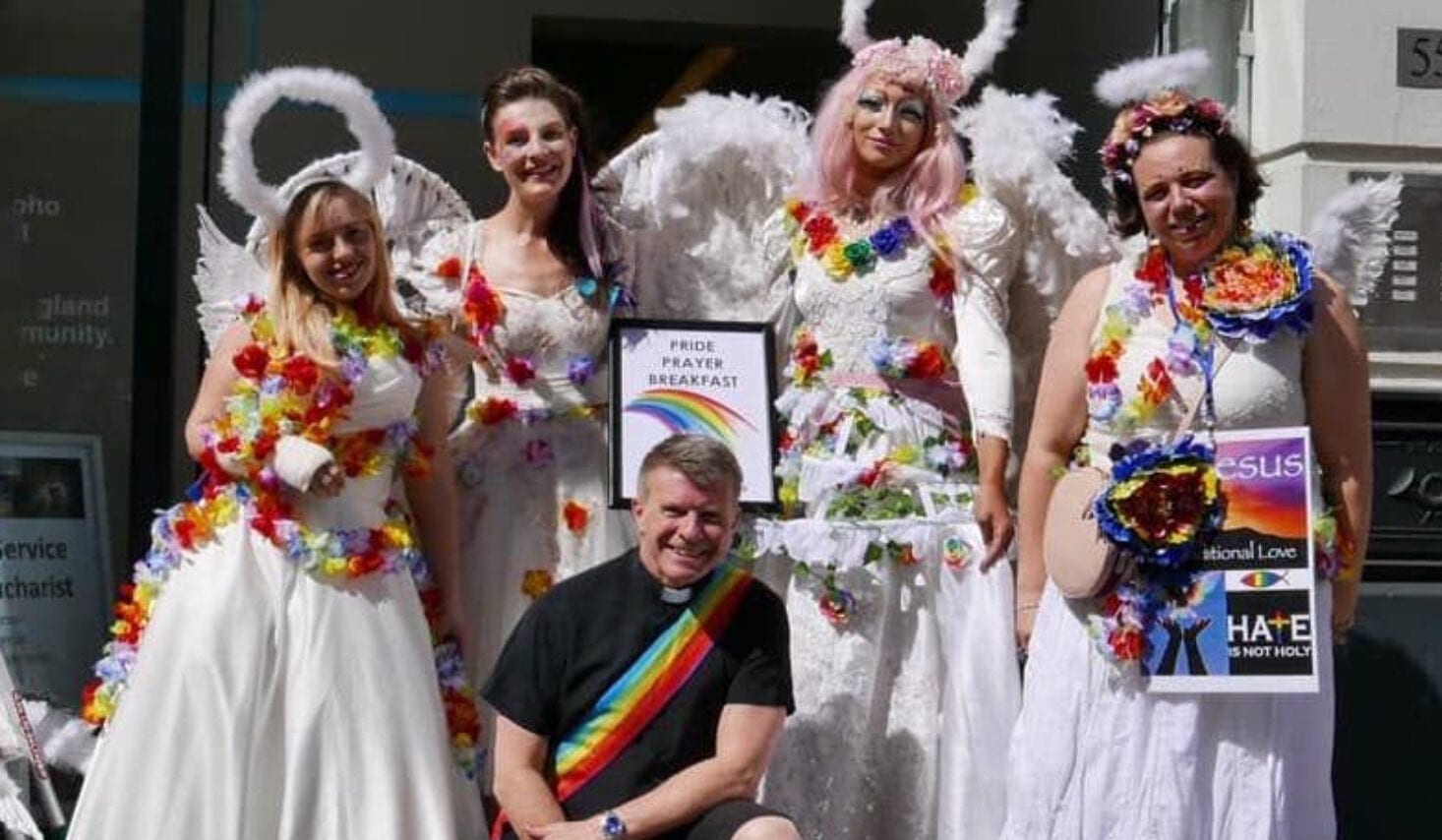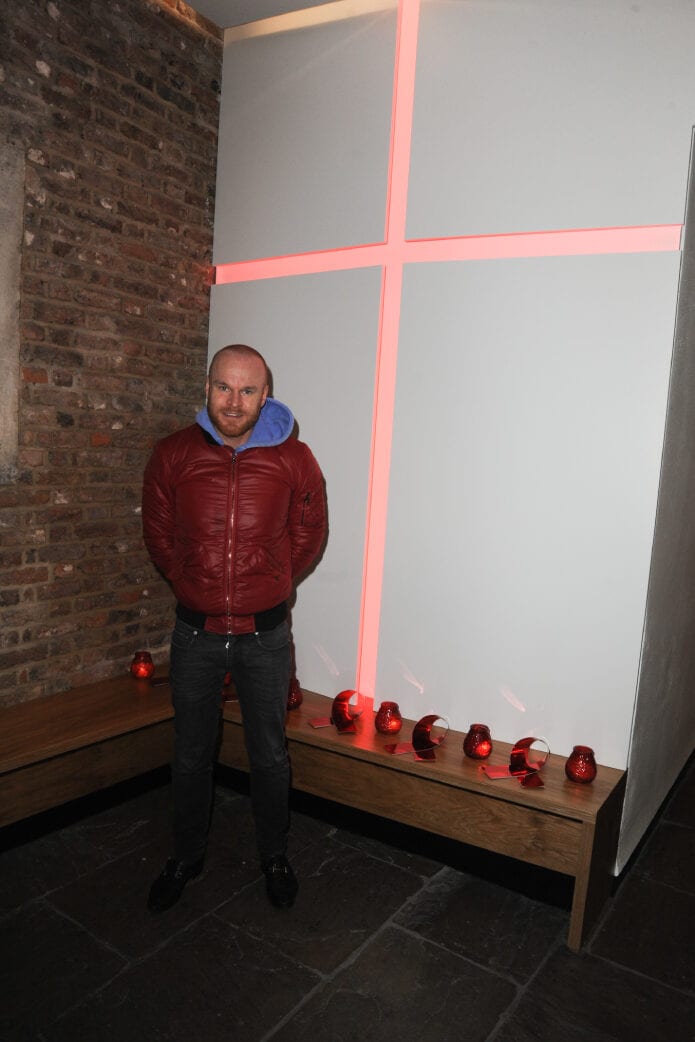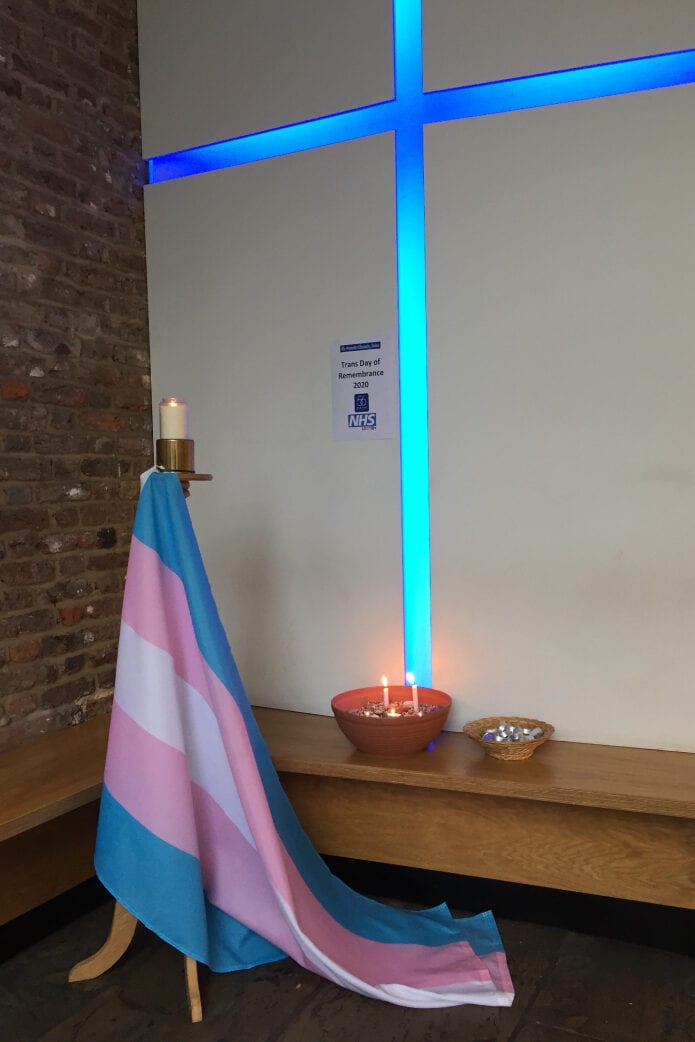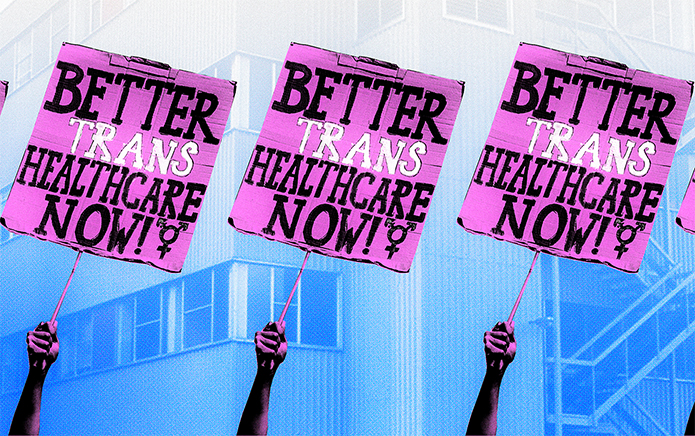
As a gay Christian, I am fortunate to be a member of St Anne’s, Soho, an inclusive church in central London. Coronavirus, as with most aspects of my life, has had a large impact on the way I worship. St Anne’s had to adapt over the course of 2020, but has successfully remained a place of peace, sanctuary and hope for the LGBTQ+ community.
Approximately a quarter of St Anne’s congregation is LGBTQ+. The leadership team is also very diverse, headed by the Revd Simon Buckley, who is himself gay and has done much to further LGBTQ+ equality within the Church of England, both at St Anne’s and at a national level.
St Anne’s hosts many LGBTQ+ groups and events. It is a meeting place for the Sybils, the trans Christian group. The annual Pride Breakfast, which takes place on the morning of London Pride and the Opening Doors London – a charity which supports older LGBTQ+ people – Christmas service are highlights. Unfortunately, many activities were cancelled or moved online this year.
However, following the lockdown in the first half of the year, the church was allowed to open again, although with strict coronavirus protocols in place. Services are available on YouTube, but we have been allowed to gather at the church, windows open – rain or shine – for ventilation purposes, seated two metres apart, the congregation wearing masks and Father Simon donning a large plastic visor so that he can safely deliver his sermons.
These services have been vital to me. This year has left everyone feeling isolated and the community provided by St Anne’s has been more important than ever. Catching up, socially distanced, with other members of the congregation, both straight and LGBTQ+ has been a lifeline – a small moment of normality in an otherwise increasingly fragmented world.


Father Simon has sought to innovate throughout the pandemic, providing additional support to the people of Soho, as well as LGBTQ+ community. For example, because of the additional capacity created by the cancellation of events due to coronavirus, St Anne’s in now home to 22 twelve-step programmes, some aimed specifically at the LGBTQ+ people.
An LGBTQ+ initiative which I found particularly poignant, was the lighting of a candle in the entrance of the church for Trans Day of Remembrance on 20 November. This was done in collaboration with 56 Dean Street, the sexual health clinic located next door. Although a service could not take place, as this fell during the second national lockdown, the church was open for private prayer.
While the church I attend is a beacon of inclusivity, the situation is very different in many other Church of England and Christian churches in the UK and globally. It was therefore with great excitement that I welcomed the launch of the Global Interfaith Commission on LGBT+ Lives on 16 December.
More than 370 senior faith leaders from around the world, including Archbishop Desmond Tutu and the former Chief Rabbi of Ireland David Rosen, signed a declaration condemning discrimination and violence against LGBTQ+ people and calling for a ban on conversion therapy.
Some governments have delayed making conversion therapy illegal. In the UK, the Church of England voted in Synod – its equivalent of Parliament – for a ban in 2017. The Declaration by the Global Interfaith Commission on LGBT+ Lives makes it clear there is a significant body of religious leaders who want conversion therapy banned once and for all. Hopefully this will encourage governments, including the UK, to act decisively.
All people of faith can now sign the declaration and I would encourage you to do so.



